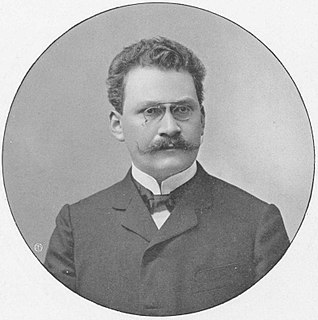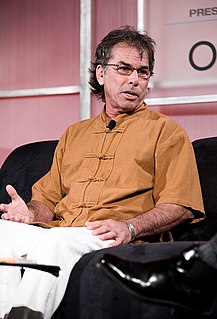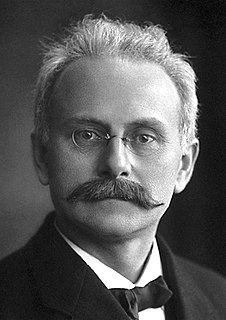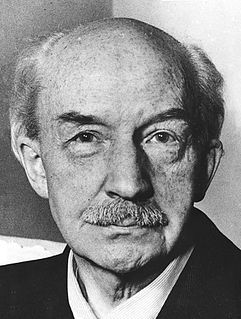A Quote by Hermann Minkowski
The mathematical education of the young physicist [Albert Einstein] was not very solid, which I am in a good position to evaluate since he obtained it from me in Zurich some time ago.
Related Quotes
I used to rent a house in Princeton, New Jersey, and whenever people came to visit me, I would drive them past Albert Einstein's house, which is the most ordinary house in Princeton - a house, let me assure you, that now a salesman wouldn't live in. I'd always say, "That was Albert Einstein's house." And they'd say, "What do you mean? Why would Albert Einstein live in a little house like that?" And I'd always say to people, "Because he didn't care!"
But even technical work filled with formulas can be valuable and important. Einstein offered a lot of technical work on quantum physics, which mostly eludes me. I refer to his work, and I have studied it, but I am not a physicist. But look at Einstein's simple statement that the most important decision you ever will make is the decision whether you live in a friendly universe or a hostile universe.
You might argue that my example is bad because Einstein is dead. But according to physicist Erwin Schrodinger, Einstein is neither dead nor alive until we dig him up and open the casket. If he's alive, he might want his brain back, which I understand is in a Ziplock bag in some guy's freezer. And this is a perfect example of why examples always distract from the main point.
Albert Einstein, who discovered that a tiny amount of mass is equal to a huge amount of energy, which explains why, as Einstein himself so eloquently put it in a famous 1939 speech to the Physics Department at Princeton, 'You have to exercise for a week to work off the thigh fat from a single Snickers.'
A. Douglas Stone, a physicist who has spent his life using quantum mechanics to explore striking new phenomena, has turned his considerable writing skills to thinking about Einstein and the quantum. What he finds and makes broadly understandable are the riches of Einstein's thinking not about relativity, not about his arguments with Bohr, but about Einstein's deep insights into the quantum world, insights that Stone shows speak to us now with all the vividness and depth they had a century ago. This is a fascinating book, lively, engaging, and strong in physical intuition.






































